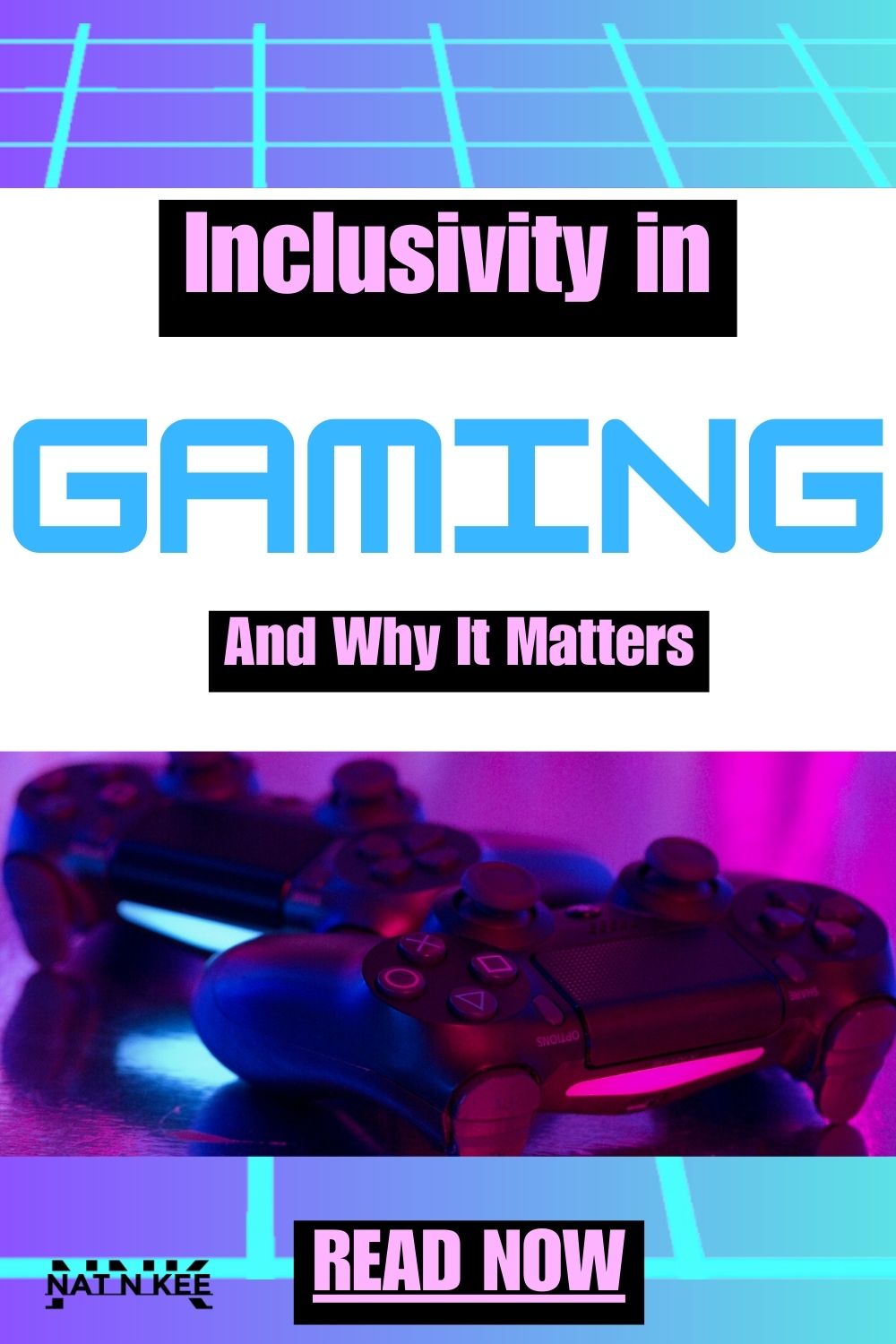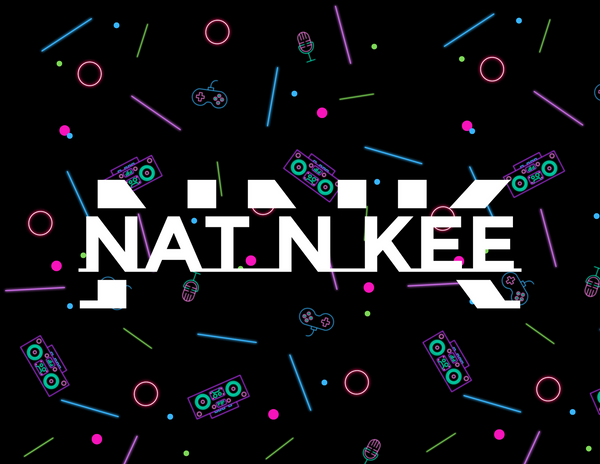
Inclusivity in Gaming: Celebrating Diversity
Compartir
Do you remember when Horizon Zero Dawn sparked so much controversy online? What were gamers so upset about? Was the gameplay too difficult? Too easy? Not enough open-world exploration?
No. “Gamers” were upset because the game’s ultra high-definition graphics allowed them to see the short hairs on Aloy’s face.
Two things immediately came to mind: are you mad that she’s a woman or are you mad that she’s an accurately depicted woman? This is just one of many situations where diverse representation was shunned by the “bad apples” in the gaming community. While most women (and some men, don’t get me wrong) rejoiced on how good the graphics were, others couldn’t get over a hairy Aloy.
What does this tell us as members of the gaming community? Is it not ok to make characters look too realistic? Are we ruining some predetermined fantasy that a chunk of the community prefers? This type of inclusivity is often met with protests and boycotts. However, it certainly puts into perspective one thing: diverse and inclusive representation in video games matter.
It's not all doom and gloom, thankfully. Lately, we have seen an influx of inclusive and diverse characters in games such as:
- Lifeweaver, a pansexual character; Sojourner, a black woman and double amputee; and Venture, a nonbinary character from Overwatch (to name a few).
- Marcus Holloway from Watch Dogs 2: A young African-American hacker who fights against corporate oppression.
- Alex Chen from Life is Strange 2: A young Chinese-American woman who explores themes of family, identity, and prejudice
- Judy Álvarez from Cyberpunk 2077: A lesbian woman of latin descent who plays a significant role in the story.
Another important issue that is appearing more and more in the options menu is: accessibility. However, what does this mean? What does it mean to make a game accessible?
The Legend of Zelda: Tears of the Kingdom is a great example of a game with many accessible features. Nintendo has made a conscious effort to ensure that a wider range of players can enjoy their games, and Tears of the Kingdom is no exception. Within its settings menus, it has:
- Adjustable text size and contrast: Players can customize the text size and contrast to make it easier to read
- Colorblind modes: The game offers multiple colorblind modes to accommodate players with different color vision deficiencies
- Subtitle options: Players can enable subtitles with adjustable size and opacity
- Controller customization: Players can customize their controller settings to suit their preferences or abilities
- Difficulty settings: The game offers multiple difficulty levels to cater to players of different skill levels
These features make Tears of the Kingdom a more inclusive and enjoyable experience for more members of the gaming community.
One of our favorite games here at NNK, Grounded, has all these options and even an arachnophobia mode for those who have a crippling fear of super fast, super scary Wolf Spiders roaming around. But why is this important? Well, the same way you have your own challenges, there are millions of gamers out there that may have poor eyesight, limited coordination for one reason or another, missing limbs or appendages, or any of the tribulations that come with life, but it doesn’t mean they shouldn’t be able to do a speedrun like everyone else.
Going back to the Horizon Zero Dawn debacle, what would have been your response to the Aloy issue? Better yet, what do you think happened to people who spoke up in support of the creative vision over at Guerilla Games?
Diversity and inclusion in video games is often met with a bunch of angry whys, but thankfully, there are more people who are accepting of celebrating our differences than you think. I refuse to mention a certain consultation firm that is wreaking havoc within the industry, but I will say that I supported their original vision.
The horrific backlash for supporting representation in gaming can be extremely upsetting. Online harassment, discrimination, and hate speech will often chase away someone who wants to vocally be an ally, but we shouldn’t let that stop us. There are many organizations, such as Safe in Our World, that actively fight that fight and offer support.
Counter that backlash by surrounding yourself within the numerous virtual communities that share your point of view. Find your fandoms on Discord or Reddit and join the ones you think are safe. You can personally affect publishers who openly refuse a display of representation by taking a stand and not supporting their games.
Since this is getting a little long, the two of us at NatNKeeCustoms want to remind everyone that we embrace diversity and inclusivity. We want to stress that representation doesn’t just mean “putting black and gay people” in a game. It's about reflecting humanity and its numerous walks of life.
We have a lot of merch in our shop for the Persona series, which highlights a lot of the issues discussed throughout their games. It isn’t without its flaws, but it's a great demonstration on how society treats ‘others’. Whether it’s sexuality, identity, mental illness, social standing, or people with health conditions or impairments– it's something that represents us as humans, and should be reflected in the media.
What are some other games you can think of that display a stigmatized community really well? Any horror or adventure games come to mind? What are some other ways we can be more vocal about making more of these games seen? Let’s chat more in the comments!
